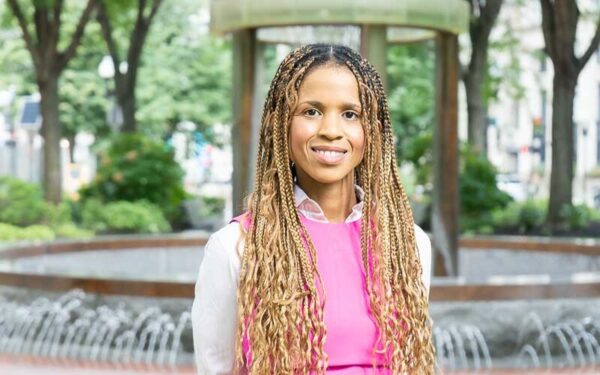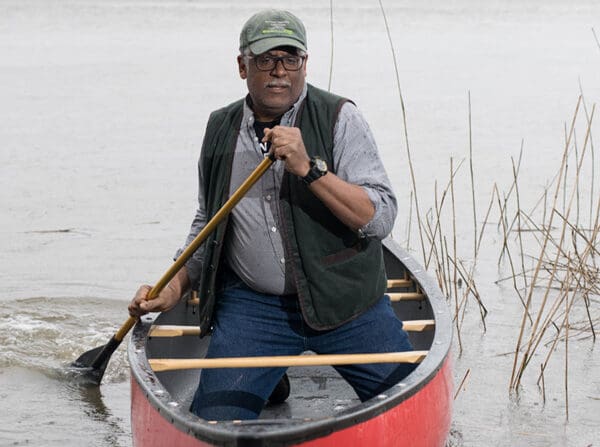We must change the balance of power that leaves environmental justice communities overburdened with pollution and without funds to improve infrastructure.
The communities most overburdened by pollution and climate change often lack access to the legal, organizing, and technical resources they need to push for systemic change.
This can leave them locked out of critical conversations about both the burdens and solutions that affect their communities every day. To achieve meaningful change, communities must be able to define their own grievances and the path forward to remedy them.
Through community lawyering and community organizing, CLF helps meet these needs while also building our connections to and trust with communities living on the front lines of climate and environmental harms. We recognize that these kinds of collaborations are critical if we are to effectively carry out our New England-wide work.
Community lawyering allows our legal advocates to contribute skills, knowledge, and strategy to support initiatives identified by and with community members. Our environmental and climate justice partners contribute their local expertise, including on-the-ground, lived experience, to guide decision making. They also have deep knowledge of local conditions and historical context.
Community organizing allows our advocates to build power with our neighbors to identify shared challenges and solutions – while building capacity to work for systemic change. In communities where there are community organizers, CLF partners with them. In places without community organizers, our team brings together residents and workers to foster expertise from the ground up.
Together, we work to change the balance of power and decision-making on environmental, climate, and public health issues that impact communities.



